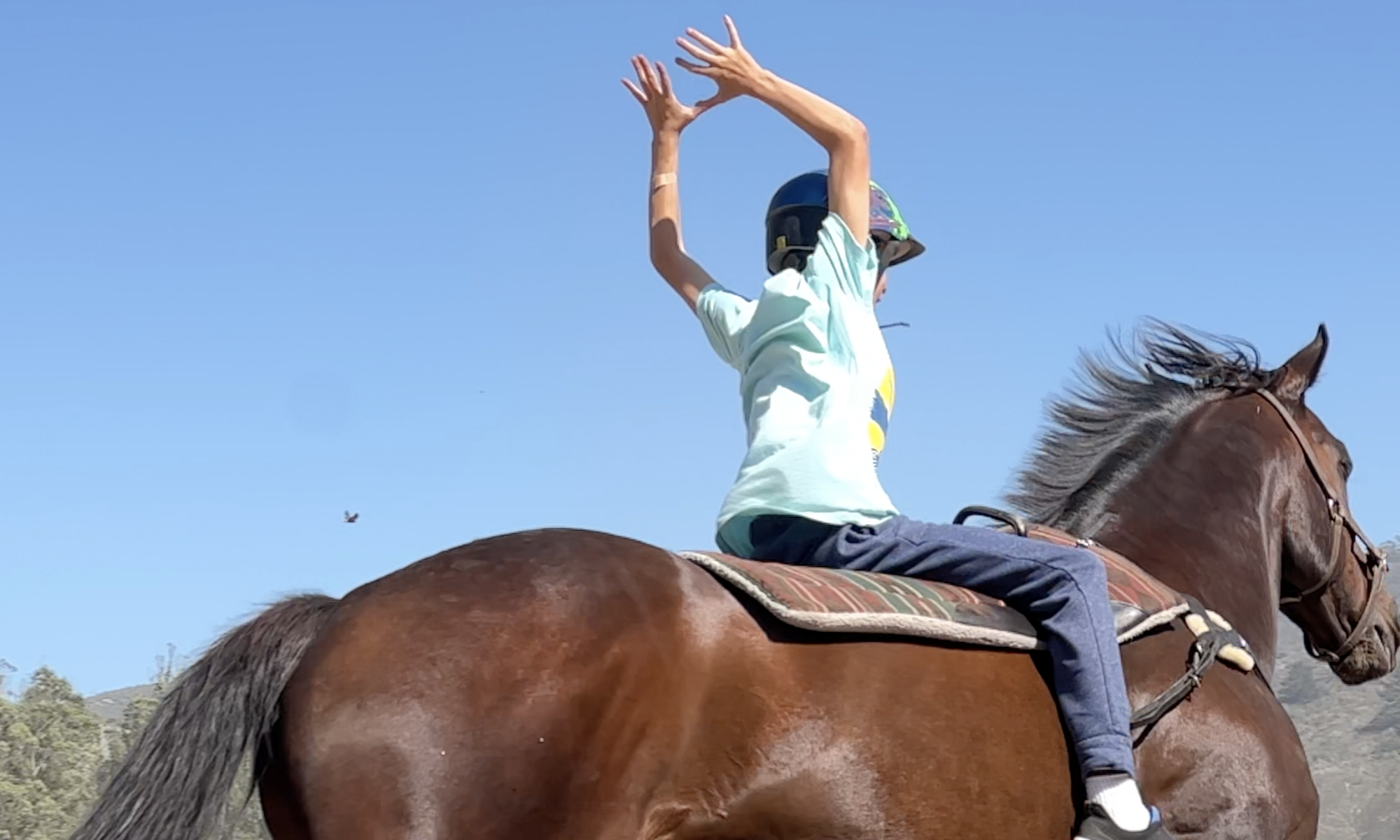 Que paso? What happened?
Que paso? What happened?
Lo que pasa? What happens?
Que pasando? What is happening?
Que pasa? What’s up?
About five months ago I downloaded Duolingo, a free app on to my phone to learn Spanish.
Duolingo works like a video game and the learning curve, even for a non gamer like myself, was smooth.
The language learning however, is not smooth for me.
Despite the fact that Duolingo has great science of learning behind it – despite knowing I can breeze through a lesson in five minutes – despite the fact that I live in California and have been traveling to Mexico regularly – this learning comes hard.
Really hard. I’ve not missed a day of practicing. I regularly exceed my daily goals for Duolingo lessons, oftentimes by a factor of three or four times the daily goal – I’m struggling.
Yesterday, our shoer, the world’s nicest person and a native Spanish speaker drove on to the farm. My plan was that I was going to greet him in Spanish and use my Spanish skills for every exchange possible. After five months of serious study I was ready.
I opened my mouth to say “Buenos dias Jose. Feliz Navidad!”
What came out was nothing.
I started to sweat, my heart was racing.
I tried again.
Nothing. Nada
Jose looked up and greeted me warmly – in English and we chatted away in my native language.
I thought about how well he spoke my language and how, after months of study, I couldn’t do an elementary greeting in his. I could of course – but panic got in the way.
The obvious reason I’m studying Spanish is that most humans speak more than one language and I’m ashamed that I never acquired this skill. Living in California, Spanish is accessible, help is plentiful and there are lots of opportunities to listen and develop skills. I can help more autism families if I’m fluent in the second most spoken language in the state. Being a professional horse person, Spanish skills can be handy.
But the real reason I’ve taken on this task: Compassion.
Seriously.
Learning a complex and nuanced skill. One that does not come easily to me. Knowing that I’ll have to work harder than the average person and knowing that I will fail often and publicly – knowing that I will sound unsure, possibly stupid and that I will have difficulty making myself understood. I will stumble. Some days, I feel like I’m really understanding the lesson and other days – it’s all gibberish.
Knowing that it may cause me to panic and want to run away from a conversation – knowing that I won’t be able to lead a conversation for a long time – if ever…. This connects me to our students.
Autism is primarily an anxiety disorder. When we are anxious, our ability to communicate decreases or even evaporates – we can’t express ourselves – we can’t be heard. Words jumble and what comes out is not what we’d planned. We get frustrated, even angry. Angry at ourselves, at the Universe.
This morning, I had an imaginary conversation in Spanish with a friend. Words flowed from me easily, I found the verbs I needed in my memory and the articles felt natural. I wonder if some of our less verbal students have these imaginary conversations? Exchanges where they are heard and understood. Where the crippling grip of anxiety is released and they can say what they think to those they need to understand.
I will keep trying. Seguire intentando.
One of my mentors – Dominique Barbier told me (in reference to horse training) “you can teach a monkey 100 words and think that you are a great monkey trainer – but you haven’t even tried to learn to speak monkey. So what does that make you?” My intention for 2018 is to learn to understand the languages of others. 


One Reply to “Understanding and Being Understood – a Journey”